EVERYTHING!!!!!!!!!!!!!!!!!!!!!
1/547
There's no tags or description
Looks like no tags are added yet.
Name | Mastery | Learn | Test | Matching | Spaced |
|---|
No study sessions yet.
548 Terms
Court Packing by FDR
Judicial Procedures Bill in 1937 = This aimed to expand the Supreme Court to up to 15 justices to overcome conservative opposition to his New Deal policies
unlimited submarine warfare
Germany implemented _________________________ on any ships, including civilian vessels, which contributed to the United States' entry into World War I
Southwest Native Settlement
Regions such as New Mexico today. Tribes like the Navajo, Hopi, and Apache lived in adobe or stone housing such as pueblo villages and cliff dwellings.
Knights of Labor
a prominent labor union in the late 19th century United States, advocating for workers' rights and social reform.
For skilled AND unskilled workers
Farmers in the 1870s economically affected by …
Tractor caused overproduction/surplus in agriculture
farmers needs loans for this invention
the rates of the railroads to sell surplus was TOO MUCH
In both the Spanish-American War and the First World War, proponents of war used alleged attacks against United States interests (the explosion of the USS Maine and the attack on the RMS Lusitania) to gain support for their position.
similarity between the Spanish-American War and the First World war
Great Plains Native Settlement
Communities in middle of country. Tribes lived in homes such as tepees made from animal skins and poles. Hunting was main way of life.
Mississippi River Valley Native Settlement
Refers to Native American communities near largest river in country. Had diverse agriculture and permanent settlements. Created large mounds in landscape.
Northeast Native Settlement
Indigenous communities in New England region who engaged in agriculture, hunting, fishing, and trade. Long houses
Columbian Exchange
Transfer of plants, animals, and diseases from one side of the Atlantic to the other, changed the entire world.
Effects of Diseases on Natives
Wiped out the Native population which was heavily used for labor, leading to Spanish using African labor
Joint Stock Company
Allows investors to buy shares in the company, owning part of it while limiting their financial risk to their investment in a colony
Encomienda System
A Spanish colonial labor system where settlers were given control over land and native tribes in exchange for protection and Catholic conversion.
Spanish Caste System
Organization of Spanish Colonies based on people's ancestry and race. Top was Pureblood Spaniards and at the bottom were indigenous peoples and enslaved Africans
de Las Casas debates Sepulveda
Discussions in the 16th century about the treatment of indigenous peoples. de Las Casas argued for their humane treatment, while Sepulveda defended their subjugation based on Catholic teachings
Characteristic of French Colonies
Colonies that prioritized fur trade and Native American alliances, with sparse settlements, limited religious influence, and cultural exchange.
Characteristics of Spanish Colonies
colonies in the Americas had the encomienda system, Catholic missionization, strict social hierarchy, forced labor, significant impact on indigenous cultures, and a rigid legal system.
Characteristics of Dutch Colonies
North American settlements, like New Amsterdam (later New York City), prioritized trade, religious tolerance, and diverse populations, engaging in commerce and interacting with Native American tribes.
British Colonies Characteristics
These colonies had self-government, economic diversification, religious diversity and labor systems, conflict with Native Americans, and mercantilist policies.
Act of Toleration
This law granted religious freedom to all Christians in colonial Maryland
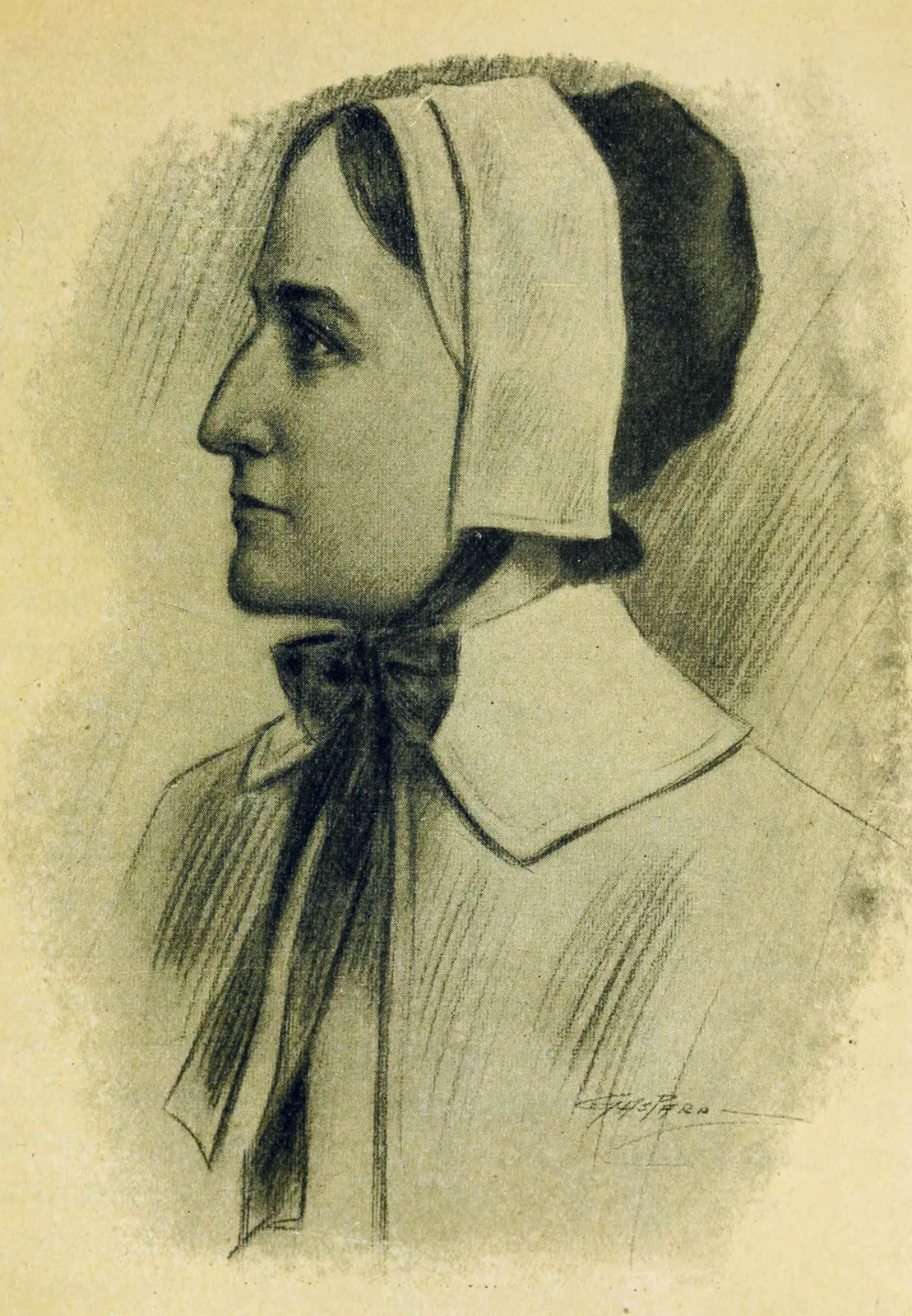
Anne Hutchinson
Woman who questioned the Puritan authorities and believed in antinomianism; she was banished from the Bay colony
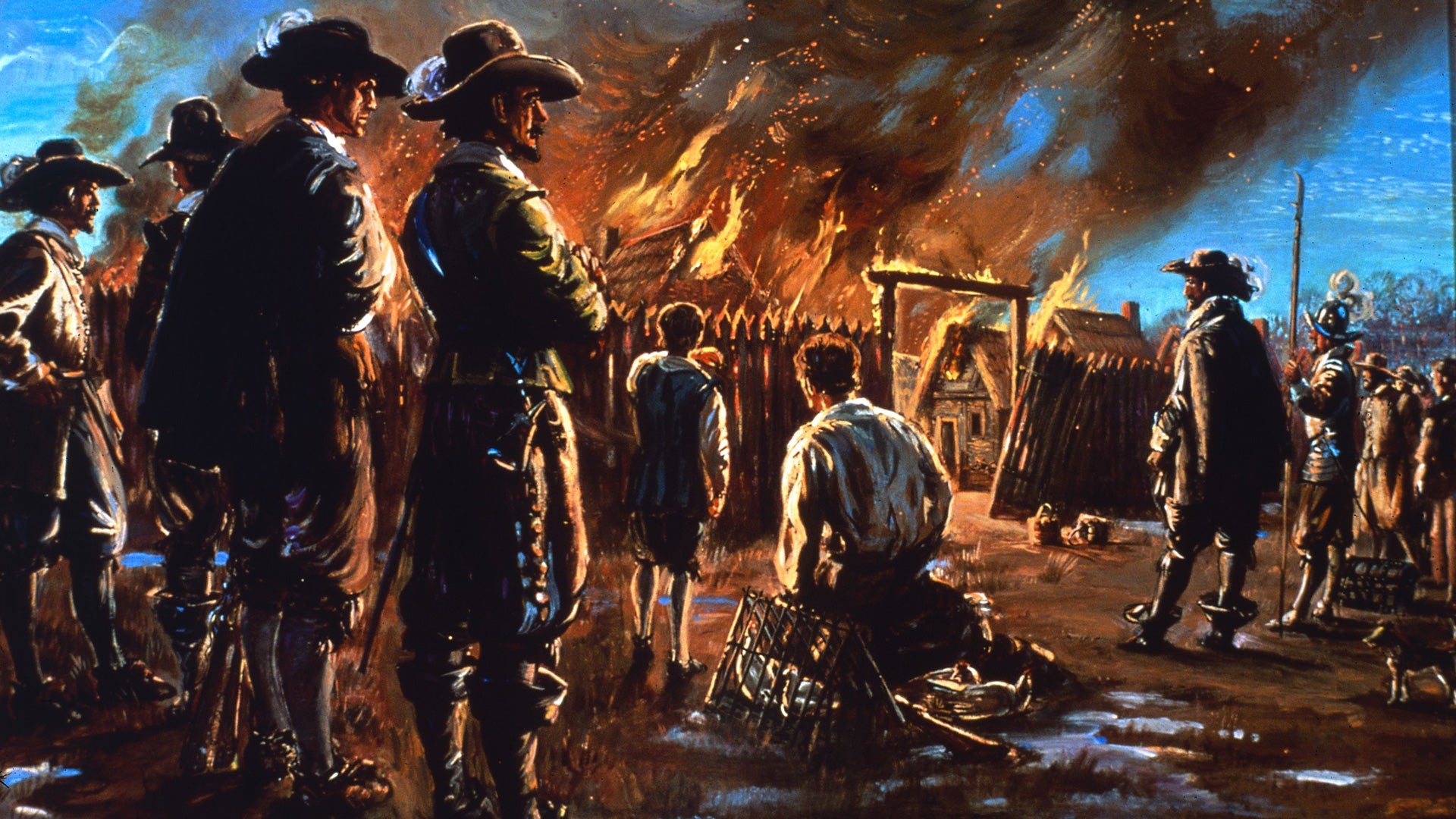
Bacon’s Rebellion
Rebellion in Virginia involved raids on American Indian villages and culminated in the burning of Jamestown, targeting Governor Berkeley's administration.
Corporate Colonies
English settlements in North America governed by private companies chartered by the Crown
Enlightenment Movement
18th century intellectual movement that promoted individualism, reason, and ideas of liberty and democracy.
Fundamental Orders of Connecticut
the first written constitution in colonial America, shaping the governance of Connecticut
establishing a representative system of government, granting voting rights to all male property owners and setting limits on governmental authority.
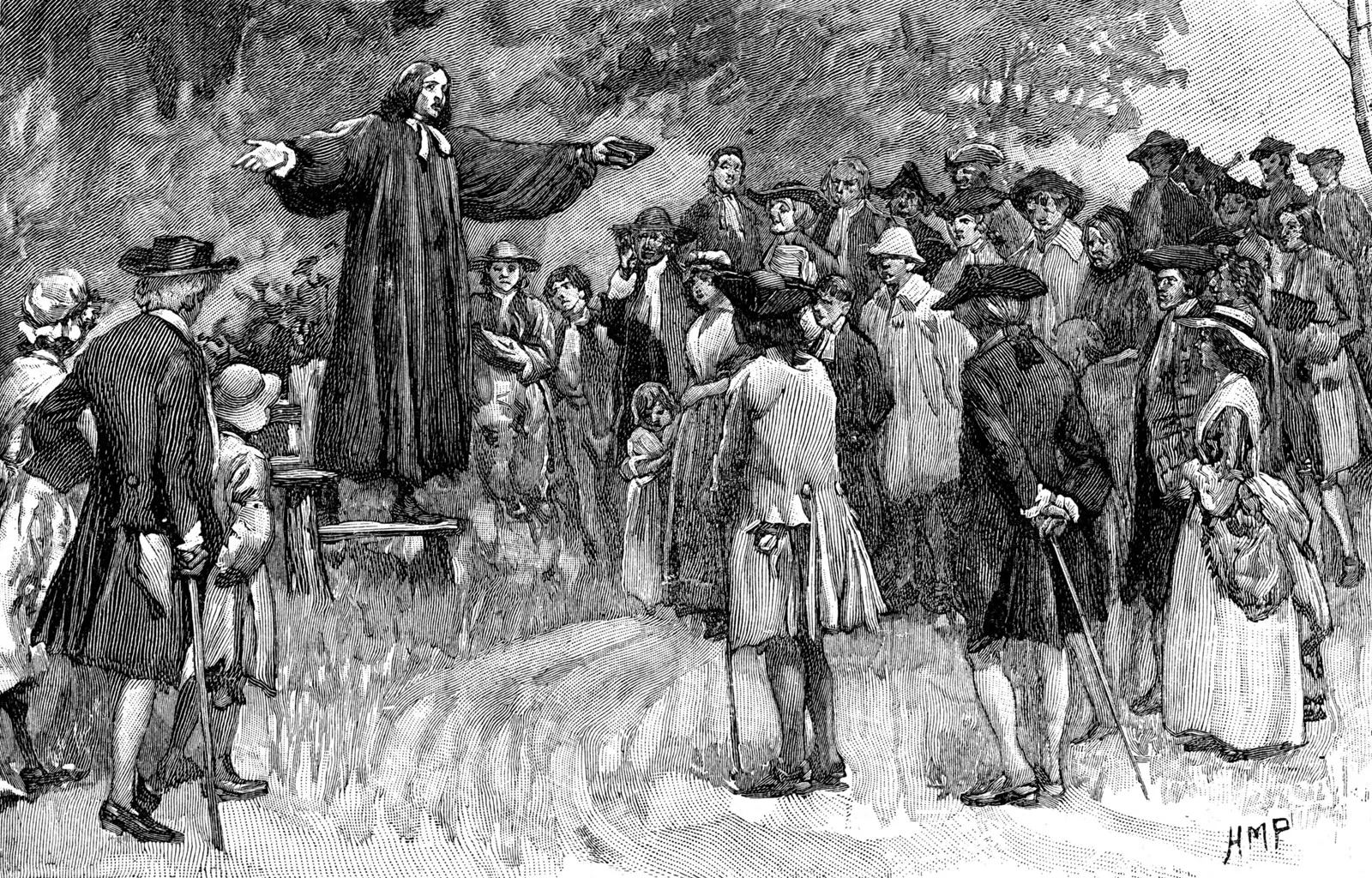
(1st) Great Awakening
Colonial American religious revival that challenged authority of Puritan ministers and emphasized personal salvation.
Great Puritan Migration
the movement of English Puritans to New England between 1630 and 1640 (colonial period); Seeking religious freedom
Headright System
Virginia offered 50 acres of land to each immigrant who paid for his own passage and to any plantation owner who paid for an immigrant's passage
Indentured Servants
The Virginia Company couldn't afford African slaves, so they contracted servants for 4 to 7 years, wherein masters paid for their passage from Britain and provided housing.
Jamestown
was the first permanent English settlement, founded by the Virginia Company; driven by economic interests, especially tobacco cultivation
Joint-Stock Company
A company business where investors (wealthy) collected funds for ventures, like colonial expeditions and settlements
King Philip’s War and Significance
Metacom's War, led by Native American tribes against encroaching English colonists, ended with Colonial victory, Metacom's death, and diminished Indian resistance.
Mayflower Compact
An agreement among Pilgrims aboard the Mayflower, establishing self-governance for Plymouth Colony and influencing early American democratic principles.
Mercantilism
An economic policy in Europe from the 16th to 18th centuries, aimed to maximize national wealth through exports, colonial exploitation, and government intervention.
Name a New England Colonial Colony with religious Freedoms
The colony of Rhode Island was founded with the ideas of the separation of church and state by Roger Williams.
Navigation Acts
English laws in the 17th and 18th centuries that controlled colonial trade to benefit England economically.
Problems in Jamestown
This settlement faced issues like disease, starvation, conflicts with Native Americans, and ineffective leadership.
Proprietary Colonies
colonies granted to individuals or groups directly from the British Crown; had autonomy to appoint governors and make laws; ex. Pennsylvania
Royal Colonies
colony that the British Crown directly governed, appointing a governor and council to oversee affairs; ex. Virginia
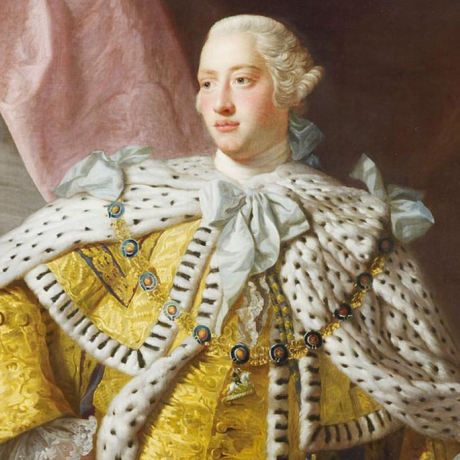
Salutary Neglect
British policy in 1600s-1700s allowed colonies self-governance, fostering growth and independence.
Freedom of Religion
Something unique about quaker settlement and religion
Representative Assembly of Virginia
The first elected legislative body in British North America; allowed colonists to participate in lawmaking and decision-making processes
What happened with religion in colonial Maryland?
Maryland became a safe haven for Catholics
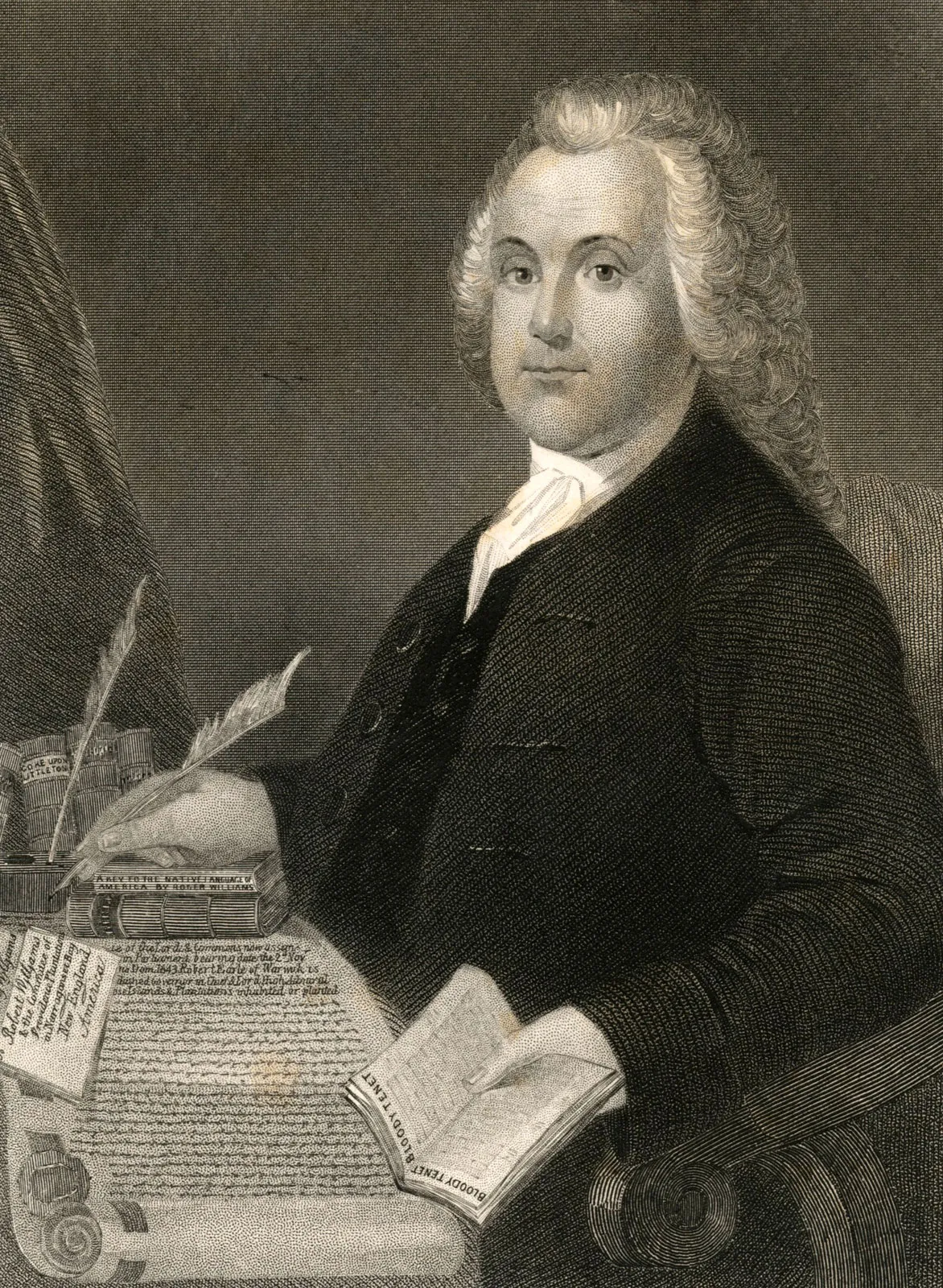
What did Roger Williams do in Rhode Island?
*Note: Roger + Rhode (mnemonic)
He was granted a charter from Parliament to create a colony in Rhode island, which tolerated diverse religious beliefs and separated the church from the state
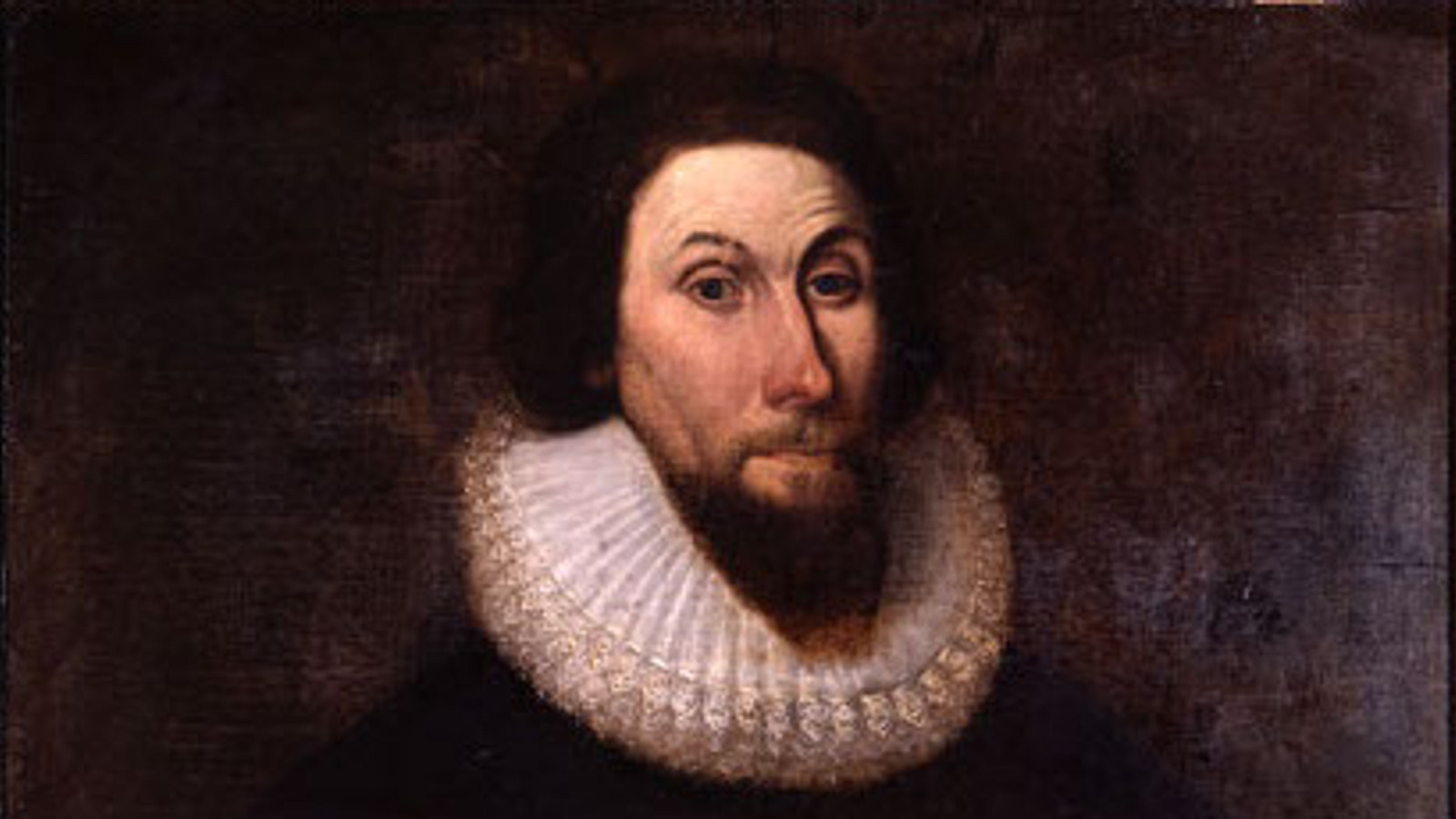
What was John Winthrop's goal in settling Massachusetts?
Writer of "City on a hill": a model of Christian virtue and righteousness, symbolizing the Puritans' divine mission
What were the characteristics of the of the Chesapeake colonies
Colony composed of single English men that served as indentured servants; cash crops are tobacco and cotton; high mortality rates
Why did the Puritans want to settle in Massachusetts?
This group wanted to purify the Church of England and experience the economic opportunities (such as creating small farms) that these settlements had to offer
3 weaknesses of the Articles of Confederation
(1) Congress could not collect taxes (2) No separate executive or judiciary system. (3)required an unanimous vote from all states to amend
3/5 Compromise
Counted enslaved people for votes to comprise for the southern need for more representation
Abigail Adams
First Lady to John Adams; advocated for women's rights early in the republic when Constitution was drafted
African Americans during revolutionary war?
British offered freedom to African Americans. Eventually, around 5,000 African Americans served alongside the Patriots.
Albany Plan of Union
Proposed joint colonial government for defense and taxes by 7 colonies during French and Indian War, failed due to lack of funding, but set precedent for colonial unity
Alien and sedition acts
Series of laws passed in 1798 by the United States Congress by Federalist Party, aimed at restricting citizenship of foreigners and limiting criticism of the government. Very unpopular
Anti-Federalists
Opponents of the ratification of the U.S. Constitution, arguing that it gave too much power to the federal government. They advocated for a Bill of Rights later in the Constitution.
Articles of confederation
First constitution of the United States, adopted in 1777 and ratified in 1781. They established a loose union of states with a weak central government, granting most power to the individual states
Bill of Rights
First 10 Amendments to the US Constitution written to guarantee individual rights; written to appease anti-Federalists like James Madison and Thomas Jefferson
Boston Massacre
Incident where British troops fired on crowd of angry Bostonians, causing an accidental shooting; massive propaganda victory for anti-British colonists
checks and balances
Power of each branch would be limited by the powers of the others, for example Presidential Veto
Committees of Correspondence
Network of committees in various colonies which circulated reports of the British undermining American liberties
Common Sense
Pamphlet by Thomas Paine which advocated independence to colonists from Britain in simple, easy-to-understand language; effective in convincing much of the public to independence cause
Connecticut Plan/Great Compromise
A Constitutional compromise that established the Senate with equal state representation and the House of Representatives based on population
Continentals
1775-1777 circulated currency. When British occupied American ports, their value plummeted, rendering them worthless.
Debate on the Bill of Rights
The debate surrounding the inclusion of a Bill of Rights in the U.S. Constitution. The Federalists argued that a bill of rights was unnecessary while the Anti-Federalists insisted it was essential for protecting individual liberties
Declaration Act
Act which declared Parliament alone had the right to levy taxes after Stamp Act was repealed in 1766
Democratic Republican Party
First Political party. Support by Thomas Jefferson, opposed Hamilton Financial Program, Strictly follow constitution, Supported by South an West
Economic Problems with the Articles of Confederation
Weak government wasn't able to collect taxes and couldn't regulate internal trade; resulting in economic weakness as states bickered amongst themselves
Seven Year’s War
from 1756 to 1763, was a global conflict involving major European powers, primarily Britain and France, over colonial and territorial disputes.
Electoral college system
Originally in Constitution, each state (though it's legislature) appoints electors who formally elect the President and Vice President. The system was designed to limit some of the power of a direct popular election
Enlightenment/The Age of Reason
17th-18th century European movement emphasizing reason and human behavior that included deism, rationalism, and the social contract
Federalist Party
First political party. Supported Hamilton's Financial Program. Loosely interpret constitution, mainly supported by North
French and Indian War
The decisive war which cemented British control of the Americas at the expense of the French and laid foundation for British-colonial tension
Great Compromise
Compromise during the Constitutional Convention where both the House of Representatives (which favored large states) and the Senate (which favored smaller ones) were adopted together
Hamilton’s Financial Program
1. Pay off the national debt and assume state debts 2. Protective tariff 3. Create a national bank
Intolerable Acts
In retaliation for Boston Tea Party, series of laws restricting economic activity and civil rights in Boston and securing direct British control
Jay Treaty
Treaty by Chief Justice Jay that negotiated an end to British troops in America and secured American neutrality; very unpopular with US public as it said nothing about US ship impressment and turned against France
Judiciary Act of 1789
Established a Supreme Court with one chief justice and five associate justices, 13 district federal courts were also established with lesser judicial powers than the Supreme Court.
Kentucky and Virginia Resolutions 1798
A state could nullify federal law if the federal government broke the compact. Also took stance stating that the Alien and Sedition Acts were unconstitutional
Land Ordinance of 1785
Bill passed by Congress under the Aritlces of Confederation that split up land in the west and designated land for public education
National Bank
Depositing government funds and print banknotes to provide a stable US currency, supported by North, opposed by Anti-Federalists
New Jersey Plan
This constitutional plan proposed a single legislature with equal representation for each state. Favored smaller states.
northwest ordinance of 1787
Most important law passed under the Articles of Confederation; setup system where new states created from the Northwest territory, prohibited slavery in the region, and granted it limited self-governance
olive branch petition
Colonists wanted peace yet the right to keep their colonial rights, so they set this to King George, who dismissed the petition and passed the Probatory Act, which halted all trade between Britain and the colonists immediately.
Pontiac’s Rebellion
Rebellion of Native American Chief Pontiac against British encroachment; distrust of colonials caused British to send the army, deepening their financial crisis
led to proclamation line of 1763
Proclamation of Neutrality 1793
US to not engage in European War (Revolutionary France vs Great Britain) because they are not militarily strong enough yet; made by George Washington
Proclamation Line of 1763
British Effort to ensure peace between Natives and colonists by declaring line in the Appalachian Mountains no colonist could settle across; colonists hated it
Public Land Act
Established orderly procedure for dividing and selling federal lands at moderate prices, made it easier to add new states to Union
Quartering Act 1765
Act requiring colonists to provide food and housing for British soldiers in the colonies
ratification of Constitution, How easy was it to do? what did it take?
Process by which Constitution was adopted across the United States; required numerous compromises like the Great Compromise (creating modern Congress) and the 3/5ths compromise (relating to representation in Congress and taxes)
Republican Motherhood
Societal structure where women taught children republican values in the home; first major movement for women in society
Separation of powers
dividing power among different branches of government, between executive, legislative, and judicial branch. Allowed for no abuse by one certain power.
Examples of separation of powers
Executive, legislative, and judicial branches with checks and balances; e.g., Senate appoints judges, judiciary reviews government actions
Shay’s Rebellion
Farmers were angered by taxes and fought against the Massachusetts militia; This highlighted the weaknesses of the Articles of Confederation
Sons and Daughters of Liberty
a violent secret society formed to resist British taxation in the American colonies before the Revolution, particularly targeting the Stamp Act. They employed tactics such as torture against tax collectors
Stamp Act
British law placing taxes on printed paper goods; first direct tax directly on people instead of just a tariff
Stamp Act Congress
Proposed colonial authority of elected representatives who would have sole responsibility to levy taxes and not the British Parliament
Strengths of Articles of Confederation
Document provided a limited power for federal government, and introduced too much power to the states in congress
Sugar Act (1764)
Bill that placed taxes on imported sugar and enforced Navigation Acts more harshly; ended Salutary Neglect
the delegates of the first continental congress
Attending the convention were wealthy white men
The federalists papers
A collection of 85 articles and essays written by Alexander Hamilton, James Madison, and John Jay to support the ratification of the Constitution.
three-fifths compromise
A compromise which determined that three-fifths of the slave population would be counted for determining direct taxation and representation in the House of Representatives. It was a pivotal agreement in the debates over representation and slavery.